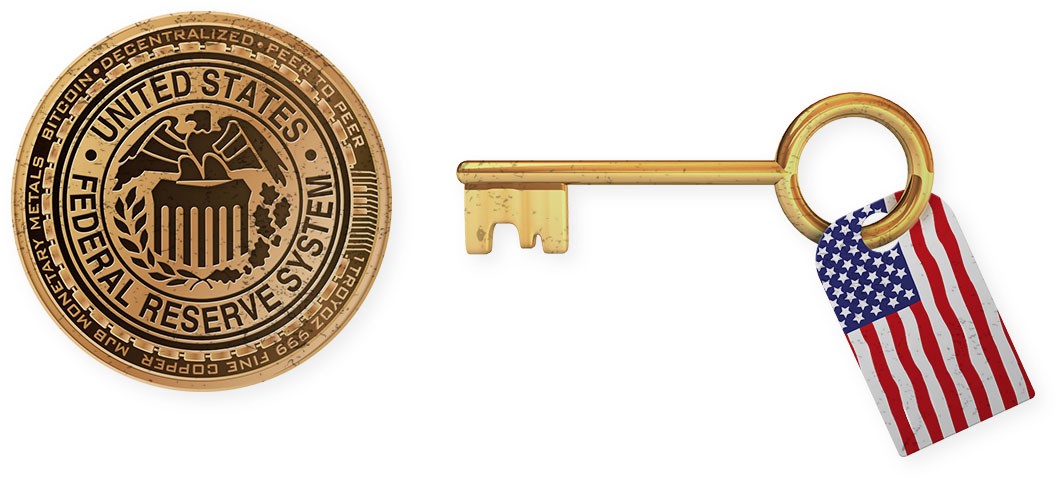PALO ALTO, Calif. (Reuters) – The Federal Reserve is taking a look at a broad variety of concerns around digital payments and currencies, including policy, style and legal factors to consider around potentially releasing its own digital currency, Guv Lael Brainard stated on Wednesday. Brainard's remarks recommend more openness to the possibility of a Fed-issued digital coin than in the past." By transforming payments, digitalization has the possible to provide greater value and convenience at lower cost," Brainard said at a conference on payments at the Stanford Graduate School of Business.
Reserve banks internationally are disputing how to manage digital finance technology and the distributed journal systems used by bitcoin, which assures near-instantaneous payment at potentially low cost. The Fed is establishing its own round-the-clock real-time payments and settlement service and is presently evaluating 200 remark letters submitted late in 2015 about the suggested service's style and scope, Brainard stated.
Less than two years ago Brainard told a conference in San Francisco that there is "no compelling showed need" for such a coin. But that was before the scope of Facebook's digital currency ambitions were extensively understood. Fed officials, including Brainard, have raised issues about customer defenses and information and personal privacy hazards that could be positioned by a currency that might enter into usage by the third of the world's population that have Facebook accounts.

" We are collaborating with other reserve banks as we advance our understanding of main bank digital currencies," she stated. With more countries checking out releasing their own digital currencies, Brainard said, that adds to "a set of factors to also be making certain that we are that frontier of both research and policy development." In the United States, Brainard said, issues that need research study include whether a digital currency would make the payments system safer or easier, and whether it might present financial stability threats, consisting of the possibility of bank runs if cash can be turned "with a single swipe" into the reserve bank's digital currency.
To counter the financial damage from America's unmatched nationwide lockdown, the Federal Reserve has actually taken unmatched steps, consisting of flooding the economy with dollars and investing directly in the economy. The majority of these moves received grudging acceptance even from numerous Fed skeptics, as they saw this stimulus as needed and something just the Fed might do.
My brand-new CEI report, "Government-Run Payment Systems Are Hazardous at Any Speed: The Case Versus Fedcoin and FedNow," information the risks of the Fed's current plans for its FedNow real-time payment system, and propositions for central bank-issued cryptocurrency that have actually been called Fedcoin or the "digital dollar." In my report, I go over concerns about personal privacy, information security, currency adjustment, and crowding out private-sector competitors and innovation.
Proponents of FedNow and Fedcoin state the federal government should create a system for payments to deposit instantly, rather than the fedcoin encourage such systems in the personal sector by raising regulative barriers. However as kept in mind in the paper, the economic sector is providing an apparently limitless supply of payment technologies and digital currencies to resolve the problemto the level it is a problemof the time gap in between when a payment is sent and when it is gotten in a checking account.
And the examples of private-sector development in this location are numerous. The check here Cleaning House, a bank-held cooperative that has been routing interbank payments in various kinds for more than 150 years, has been clearing real-time payments given that 2017. By the end of 2018 it was covering half of the deposit base in the U.S.